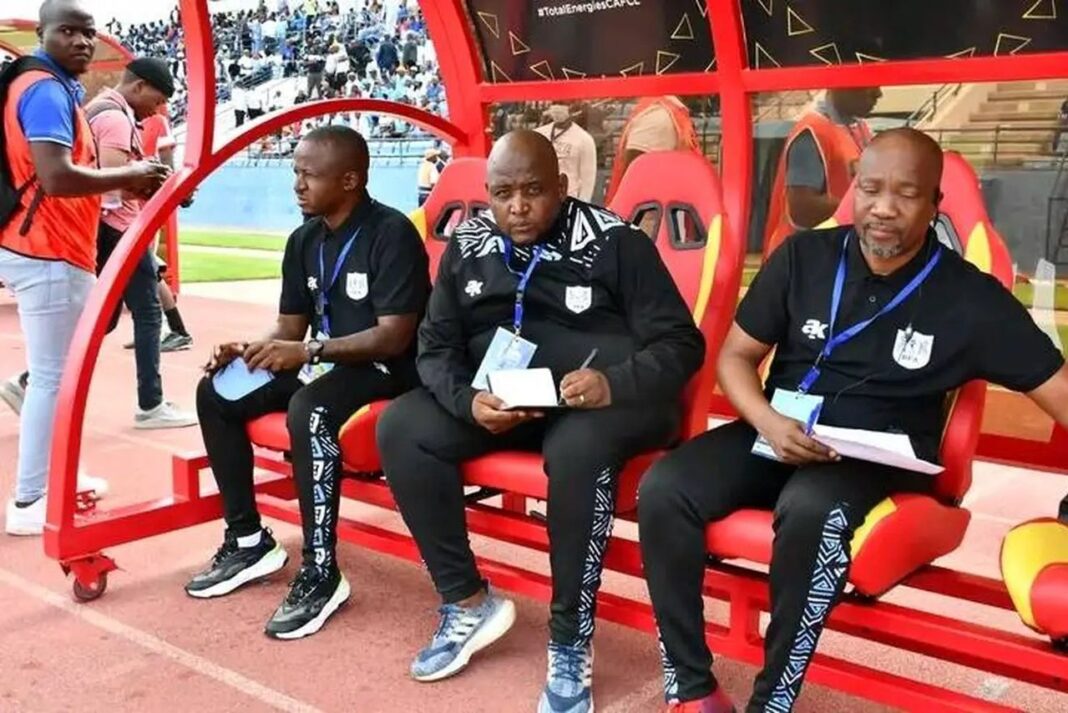Christopher Mutasa
Introduction
Africa stands at a crossroads in defining its economic governance model. For decades, the continent has oscillated between capitalism, socialism, and communist economic systems imported from foreign ideological contexts that have, in many cases, failed to deliver sustainable prosperity for the majority of its people.
Given the historical failure of these borrowed governance systems to foster inclusive and transformative development, a critical question arises: does Africa truly need to further implement these models, or is it time to conceptualise a new economic governance ideology tailored specifically to the continent’s unique realities? This essay critically examines this question, with particular attention to Southern Africa, exploring the feasibility, potential advantages and disadvantages, and geopolitical implications of a novel economic framework designed for Africa’s future.
The Historical Shortcomings of Borrowed Economic Ideologies
Capitalism, as promoted by Western powers, has largely driven economic expansion through liberalised markets and privatisation. However, the structure of African economies highly resource-dependent, informally driven, and often vulnerable to external shocks, has made the neoliberal capitalist approach problematic. Capitalism has exacerbated wealth disparities, with multinational corporations and elites benefiting disproportionately while the majority languish in poverty. Additionally, African economies remain extractive rather than industrialised, reinforcing a neocolonial structure that prioritises foreign corporate profits over national development. This creates external dependency, as African nations often rely on Western financial institutions like the IMF and World Bank, which impose structural adjustment programs that undermine national sovereignty and economic resilience.
On the other hand, African socialism, inspired by leaders like Julius Nyerere and Kwame Nkrumah, sought a middle path, emphasising communal development and state-led economic planning. However, socialism faced bureaucratic inefficiencies, fiscal strain, and limited private sector growth. Many socialist policies led to bloated public sectors and inefficient state-run enterprises, resulting in unsustainable debt burdens and hyperinflation, as seen in Zimbabwe and Tanzania. Restricting free enterprise further stifled innovation and economic dynamism, leading to stagnation.
Communism, with its rigid central planning, has never gained significant traction in Africa outside the Cold War-era affiliations with the USSR. African societies’ diverse ethnic, cultural, and traditional structures often resist top-down collectivist policies. Furthermore, the suppression of private ownership is incompatible with Africa’s vibrant informal sector, which employs millions. The historical failures of communist experiments elsewhere, such as the Soviet Union, further illustrate its impracticality for Africa.
Towards a New Economic Governance Model for Africa
Recognising the inadequacies of these imported systems, Africa, especially Southern Africa must craft an economic governance ideology rooted in:
1. Pan-African Economic Integration: Strengthening intra-African trade through regional supply chains, common currency discussions, and industrialisation strategies that reduce reliance on external powers.
2. Hybrid Economic Models: A balanced system that embraces state-driven industrial policy, supports SMEs, and ensures equitable wealth distribution while maintaining a competitive market.
3. Resource Sovereignty: Establishing firm control over Africa’s natural resources, ensuring revenues benefit local development rather than foreign conglomerates.
4. Technological and Knowledge-Based Economy: Investing in digital infrastructure, research, and innovation to propel Africa into the Fourth Industrial Revolution.
5. Decentralised Governance: Empowering local economic decision-making structures to reflect the realities of diverse communities across the continent.
Potential Pros and Cons of the New Economic Governance Model
A new African economic governance model offers numerous benefits. It could reduce dependency on external aid, ensuring that Africa charts its own economic destiny without being subject to the conditionalities of global financial institutions. Increased intra-African trade would enhance continental economic resilience, while a policy-driven industrial approach would create jobs and elevate African economies from raw material suppliers to global value chain participants. Furthermore, strategic economic governance would empower local entrepreneurs, allowing SMEs and the informal sector to flourish.
However, there are challenges. Resistance from foreign powers such as the U.S., China, and the EU could arise, as they may perceive Africa’s economic self-determination as a threat to their geopolitical interests. The transition to a new system might cause short-term economic turbulence, and corruption as well as bureaucratic inefficiencies, must be addressed to make the model effective.
The Geopolitical Implications: Overlapping Existing Agreements
Africa’s current economic agreements with powerful nations such as the U.S. (AGOA), China (Belt & Road Initiative), and Russia (resource partnerships) present both opportunities and challenges. While these agreements provide trade opportunities, infrastructure investment, and financial support, they often come with strings attached. AGOA encourages African exports to the U.S. but does little to build African self-sufficiency. China’s Belt & Road Initiative, while facilitating infrastructure development, raises concerns about debt-trap diplomacy. Meanwhile, Russia’s economic engagement with Africa remains limited and lacks a clear long-term vision for development. Any new economic model for Africa must carefully navigate these agreements, ensuring that economic partnerships serve African interests rather than perpetuating dependency.
Aligning with AU Agenda 2063: A Flawed Vision?
The African Union’s Agenda 2063 aims to transform Africa into a global powerhouse through economic integration, sustainable development, and social progress. However, critical questions arise: is it truly African-led? The European Union, particularly France, plays a substantial role in funding AU initiatives. Given France’s historical and ongoing exploitative policies in Africa, can we trust that Agenda 2063 remains uncompromised? Despite its grand ambitions, there is little evidence that African leaders are actively implementing Agenda 2063 beyond rhetoric. Furthermore, financial independence from foreign donors is crucial if Africa is to truly implement its long-term vision.
Conclusion
The time has come for Africa, especially Southern Africa to abandon economic governance models that do not serve its unique developmental needs. Instead, the continent must embrace an ideology grounded in economic sovereignty, strategic industrialisation, intra-African trade, and equitable resource distribution. This requires bold leadership, institutional reforms, and a clear strategy for insulating African economies from neocolonial economic structures.
The question remains: Is Africa ready to break free from economic subjugation and chart its own future? The answer must be a resolute Yes! The road ahead may be complex, but the pursuit of a truly African economic governance ideology is the only way towards sustainable, inclusive, and transformative development.
Christopher Mutasa is an aspiring policy and governance analyst expert, specialising in regional integration, economic policy, and governance systems in Africa. He is currently engaged in advocacy for economic freedom and sustainable governance in Southern Africa.


